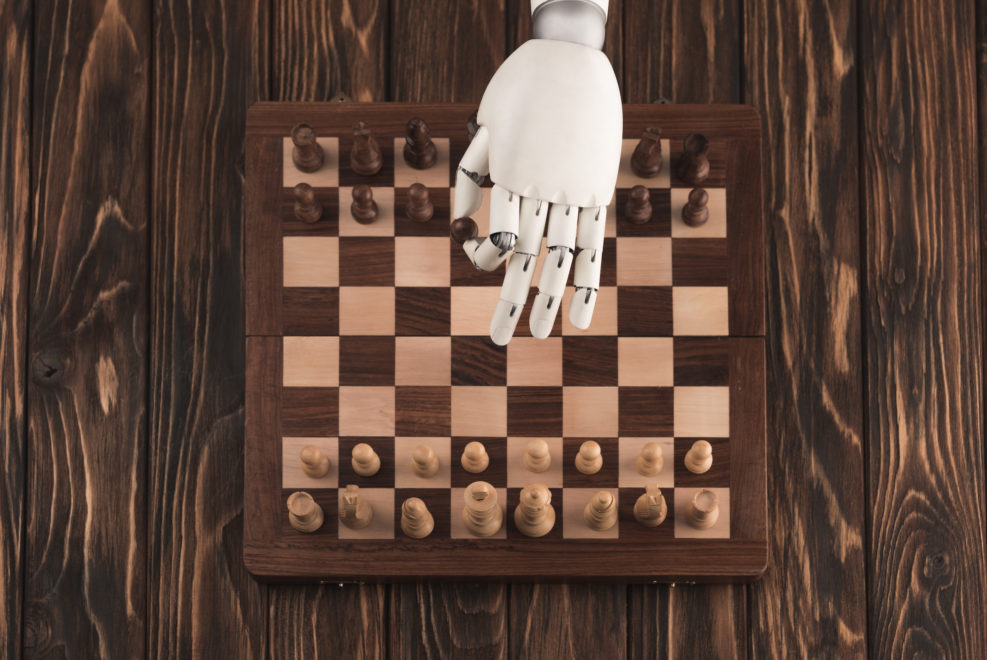
Machines with Minds? The Lovelace Test vs. the Turing Test
The answers computer programs give sometimes surprise me too — but they always result from their programmingNon-Computable You: What You Do That Artificial Intelligence Never Will (Discovery Institute Press, 2022) by Robert J. Marks is available here. What follows is an excerpt from Chapter 2. Selmer Bringsjord, and his colleagues have proposed the Lovelace test as a substitute for the flawed Turing test. The test is named after Ada Lovelace. Bringsjord defined software creativity as passing the Lovelace test if the program does something that cannot be explained by the programmer or an expert in computer code.2 Computer programs can generate unexpected and surprising results.3 Results from computer programs are often unanticipated. But the question is, does the computer create a result that the programmer, looking back, cannot explain? When it comes to assessing creativity (and Read More ›



